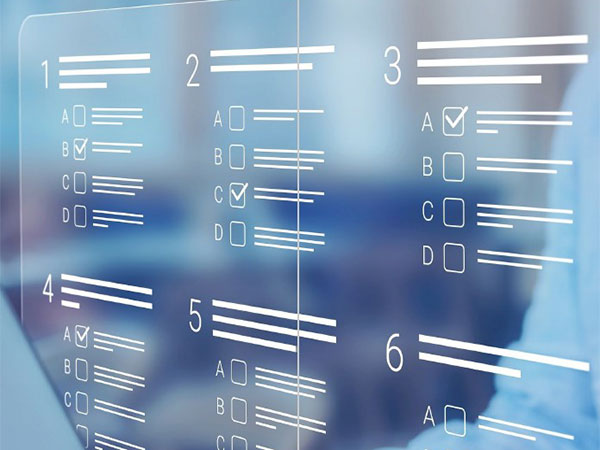The latest survey conducted by global consultancy firm EY shows that the average cost of equity in India is stable at 14.2 per cent, which is up by about 40 basis points since 2021. This indicates the strong resilience of India’s economy despite global economic challenges. The survey also reveals that the equity market risk premium has steadily decreased over the past surveys. India’s robust macroeconomic fundamentals and fiscal prudence have played a significant role in maintaining a relatively stable cost of equity.
The survey highlights that the e-commerce, real estate, and IT/ITES sectors report the highest costs of capital due to their higher risk profiles and growth expectations. On the other hand, sectors like power, chemicals, and Media & Entertainment feature at the lower end, benefiting from more stable cash flows. Understanding the cost of capital is essential for corporate decision-making in a rapidly evolving economic landscape. The survey, which captured perspectives of around 185 respondents from India Inc. and over 20 equity research analysts, provides valuable insights on how India Inc. is adapting its financial planning for sustained growth in a complex global environment.
Despite various headwinds, India’s robust macroeconomic fundamentals and strategic fiscal measures have helped maintain a relatively stable cost of equity. The survey highlights a generally positive business environment in India, with more than half of the respondents perceiving it as favorable. Additionally, over 40 per cent found capital raising easier, with more than one-third being neutral. This optimism is supported by India’s strong GDP growth driven by buoyant domestic demand and increasing private investments.
The Indian economy has shown resilience amidst global headwinds, led by targeted fiscal measures and continued anti-inflationary monetary policy. In response to high inflation, averaging 5.9 per cent during the last three years, the RBI hiked the policy repo rate by 250 bps from 4 per cent in February 2021 to 6.5 per cent now. This has led to an increase in the average cost of equity during the corresponding period. However, the increase in the cost of equity has been relatively muted compared to the increase in the risk-free rate, which rose by 90 bps during the review period.
Overall, the survey by EY indicates the resilience and stability of India’s economy in the face of global economic challenges. The country’s strong macroeconomic fundamentals, fiscal prudence, and strategic measures have helped to maintain a relatively stable cost of equity. Industries with higher risk profiles, such as e-commerce, real estate, and IT/ITES, report the highest costs of capital, while those with more stable cash flows, like power, chemicals, and Media & Entertainment, feature at the lower end. Understanding the cost of capital is essential for corporate decision-making in a rapidly evolving economic landscape, and the survey provides valuable insights for India Inc. to adapt its financial planning for sustained growth.











